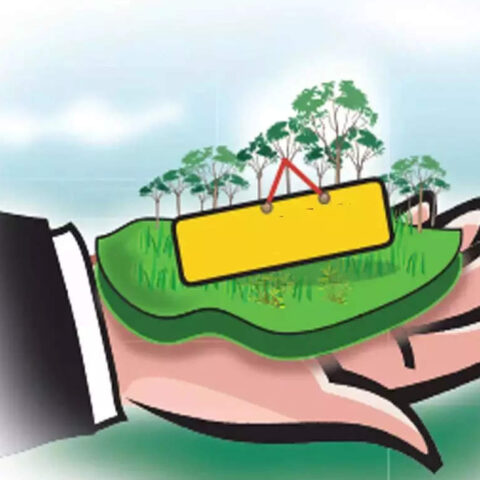How has the studio workplace changed since your early-career days?
Not to sound like the old Muppet in the balcony, but it’s a very different world. We didn’t even have cell phones when I started, let alone social media. Mark would give us homework to look up. I had to know Madeleine Castaing and her work because when I was sent out to shop for something like a console, he might say to me, just think Madeleine Castaing or Parish Hadley. There was a lot of learning that is lacking today. Instagram revives interest in somebody like Bunny Mellon, and everybody jumps on the bandwagon for a short time, whereas we learned slower and steadier.
Have you been able to implement similar team-building exercises into your own studio?
We go through shelter magazines occasionally and talk about what we’re seeing, what we think is successful or not successful, what we like or don’t like. I recommend films to watch—Barry Lyndon is a favorite. It would be so great if every Monday were just dedicated to research and discussion, but I don’t want to impede on anyone’s free time. People need their weekends.
Honestly, the problem with today versus back then is that there is so much less time. We are in much more of a hurry, and it feels as though we’re always trying to catch up. It drives me crazy because good design takes time and work to put together. And if you’re going to do it well and without mistakes, you need to do it thoroughly.
What do you blame for that fast-forwarding?
It’s generally a client’s will to get something done. I cannot tell you how many times I get a call from clients like, ‘We just closed on this house in Southampton, and we’d like to be in for the summer,’ and it’s April. I respond with, ‘Good luck finding the person who’s going to jump into that.’ I work fast, but I don’t perform miracles. I want the time to come up with something great for each individual client or project. You have to set expectations, which is also a good litmus test for whether you want to take the client on. If they’re rational people, they’re going to understand—and I don’t want to work with irrational people.
Nelson Hancock
Now that you’re at the helm, what do you hope to instill in your team?
You want to be able to prepare somebody who’s working with you to deal with something when you’re not there. Manners go a long way in professional relationships and in life, and I encourage all the younger people I’ve worked with to always be as polite and respectful as possible. You need to keep your head about you when dealing with clients or vendors or colleagues. There’s truth to that poster: Keep calm and carry on.
This interview has been condensed and edited for brevity and clarity.
Grow your business in 2024 with the AD PRO Directory








